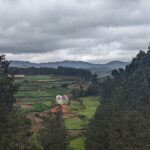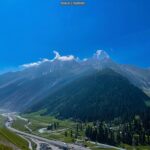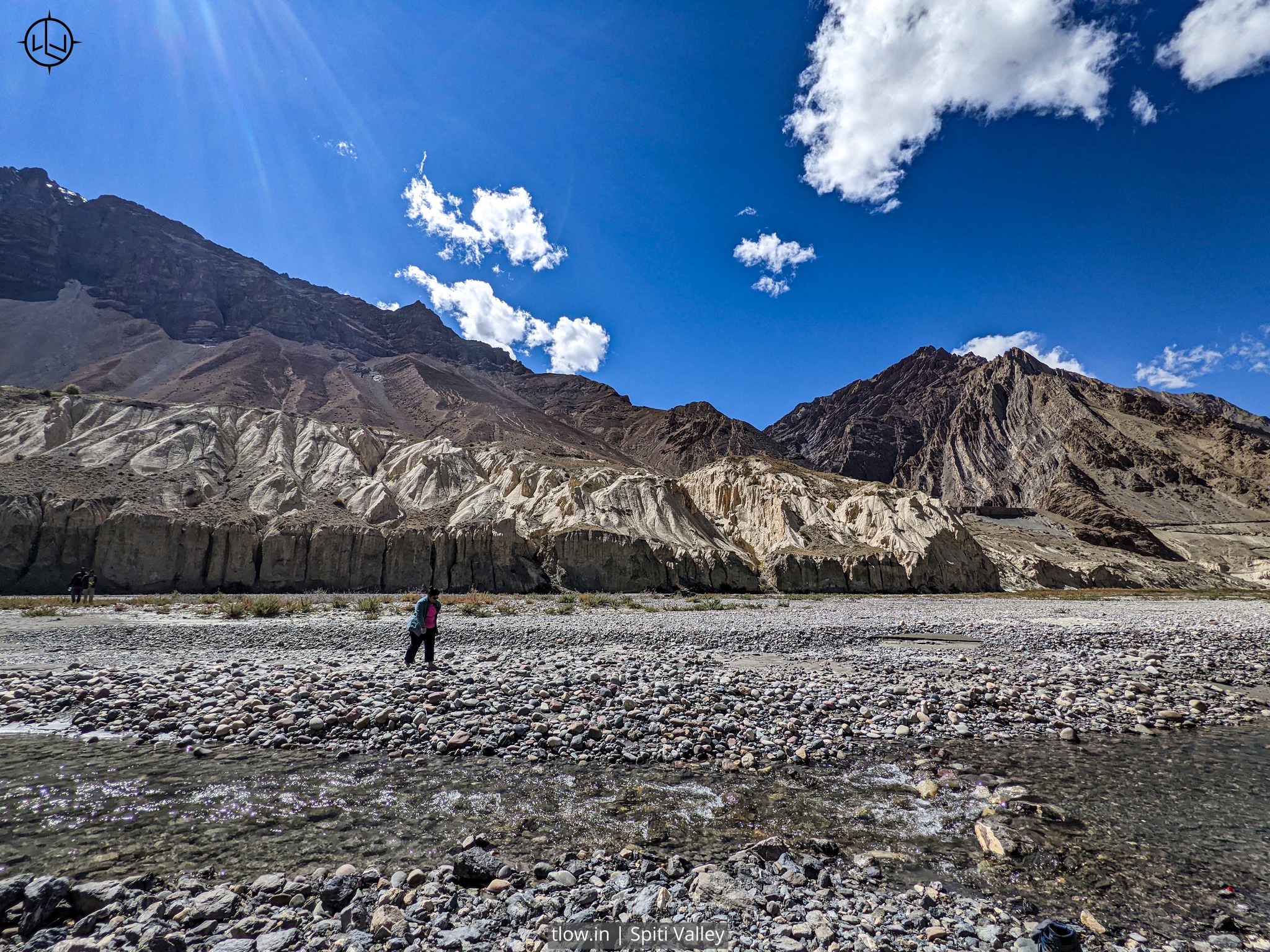
Acclimatising in the Himalayas: 11 awesome tips
Acclimatisation is crucial when traveling to high altitude regions like the Himalayas, as it helps your body adjust to the lower oxygen levels and reduced air pressure. This process can take several days, and it’s essential to take proper precautions to avoid altitude sickness and other health issues. Here are some tips for acclimatising in the Himalayas:
Table of Contents
1. Take it slow in the Himalayas:
When trekking or traveling in the Himalayas, it’s important to give your body time to adjust to the higher altitudes. Increase your elevation gradually and avoid rapid ascents, which can lead to altitude sickness.
Avoid rapid ascent to high altitudes. Plan your itinerary to include a slow and steady increase in elevation, allowing your body time to adjust to the changing conditions.
2. Stay hydrated:
Drink plenty of water, at least 3-4 liters per day. The dry mountain air can lead to rapid fluid loss, so keeping your hydration levels up is crucial.
For the TLOW backpacking experience click on this link
Staying well-hydrated is vital when acclimatising to high altitudes like the Himalayas. Drink plenty of water, and avoid alcohol and caffeine, which can dehydrate you further.
3. Eat well:
Consume a nutritious diet with plenty of carbohydrates, proteins, and healthy fats. This will help your body cope with the physical demands of high-altitude trekking.
Consuming a nutritious diet rich in carbohydrates, proteins, and healthy fats can help your body adapt to the high altitude. Avoid overeating, as this can cause discomfort and indigestion.
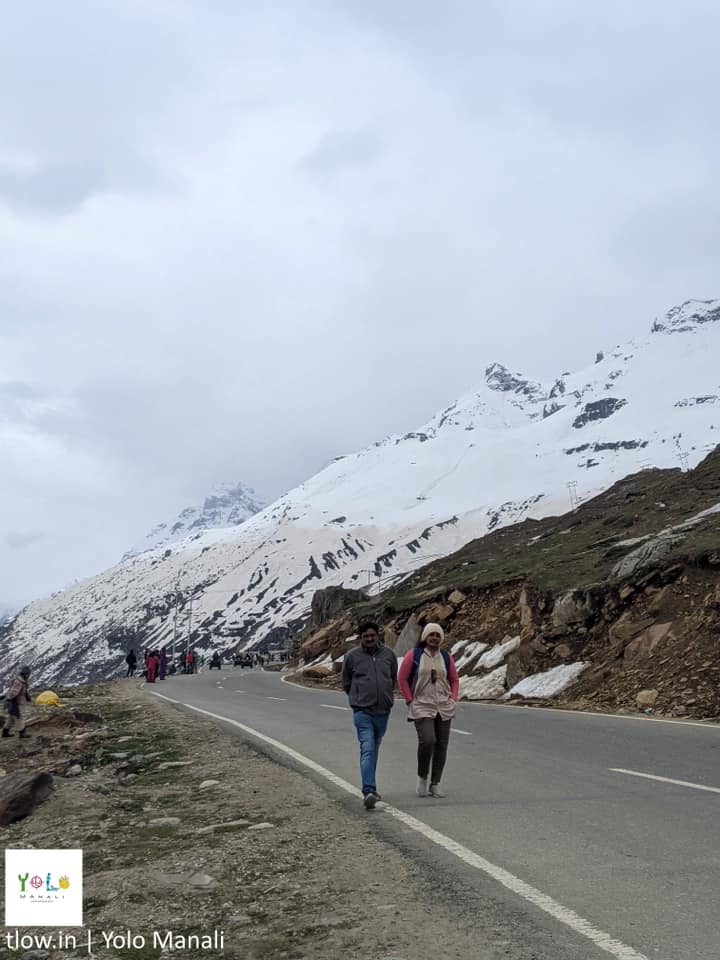
4. Acclimatise properly:
When possible, spend a day or two at each new altitude to allow your body to adjust. This may involve staying an extra night at a lower camp or taking a rest day before continuing your ascent in the Himalayas.
5. Know the signs of altitude sickness:
Be aware of the symptoms of altitude sickness, such as headache, nausea, fatigue, and shortness of breath. If you experience these, descend to a lower altitude immediately and seek medical attention if symptoms persist.
6. Avoid alcohol and tobacco:
Alcohol and tobacco can exacerbate the effects of altitude and should be avoided, especially during the acclimatization process.
7. Use supplemental oxygen:
Consider using supplemental oxygen, either from portable canisters or at higher camps, to help your body adapt to the thinner air.
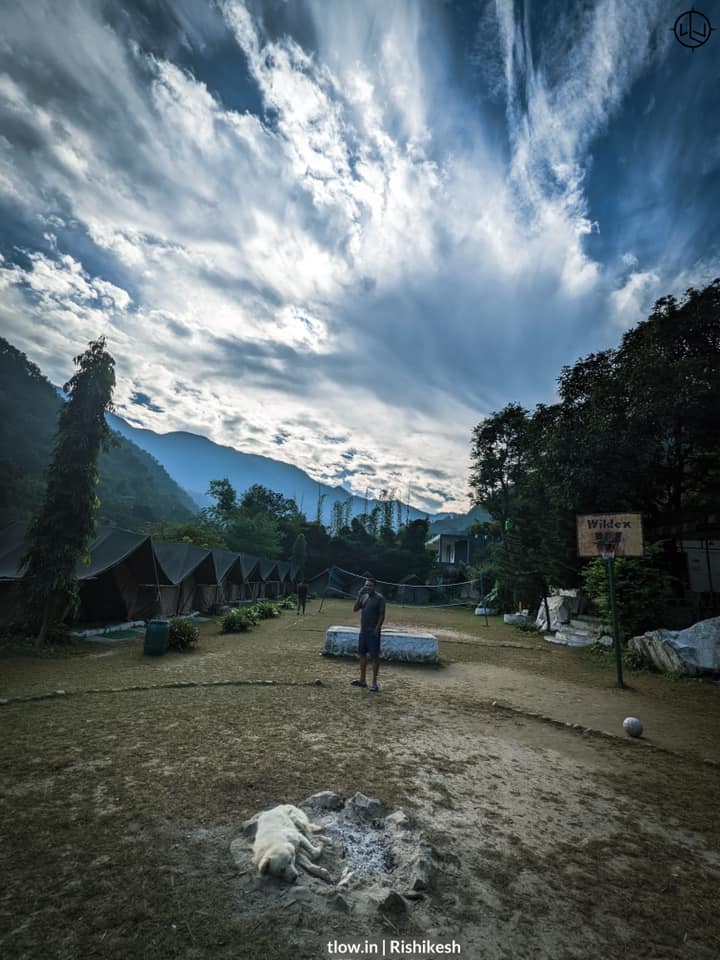
8. Listen to your body:
Pay attention to how you’re feeling and don’t be afraid to slow down or turn back if you’re struggling. Your health and safety should be the top priority.
Keep an eye on any signs of altitude sickness, such as headache, nausea, dizziness, or shortness of breath. If you experience these symptoms, descend to a lower altitude immediately and consult a medical professional.
9. Rest:
Give your body adequate time to rest and recover during the acclimatization process. Plan for extra days in your itinerary to account for any unforeseen health issues or delays.
Adequate sleep is crucial for your body to recover and adapt to the high altitude. Try to maintain a regular sleep schedule and create a comfortable sleeping environment.
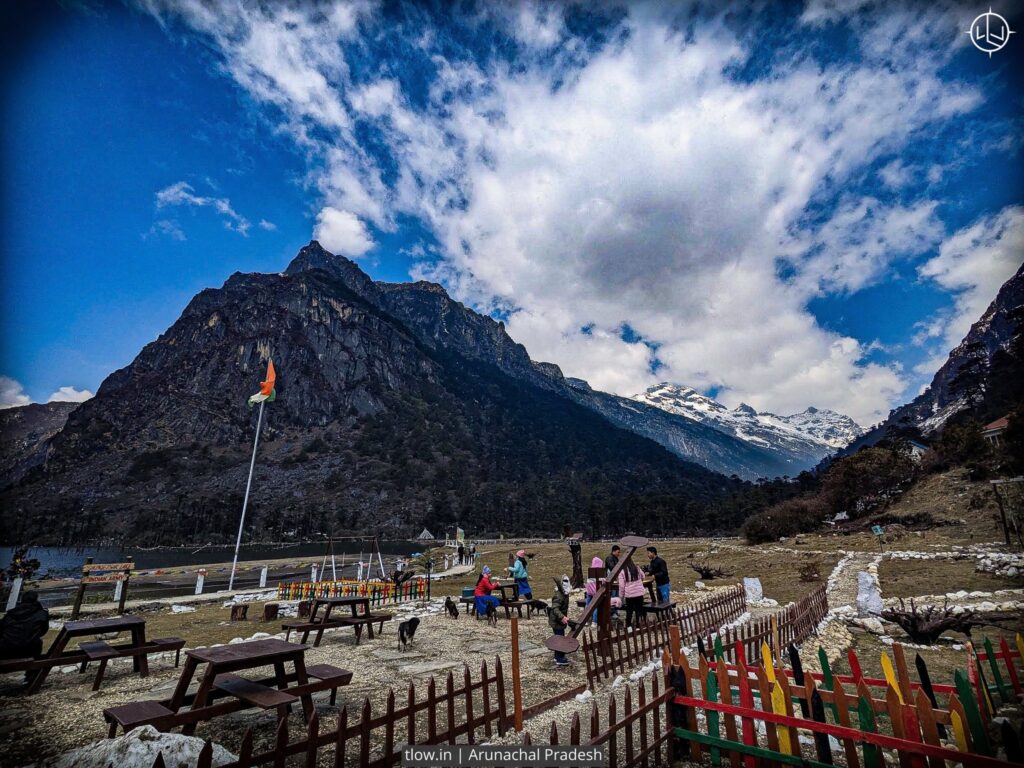
10. Breathing Techniques:
Practice deep, slow, and controlled breathing to help increase your oxygen intake and improve your body’s ability to cope with the reduced oxygen levels at high altitudes.
11. Medications:
Consult with a healthcare professional or a mountaineering expert before your trip to discuss the use
By following these tips, you’ll be better equipped to navigate the challenges of high-altitude trekking and enjoy your Himalayan adventure to the fullest.









